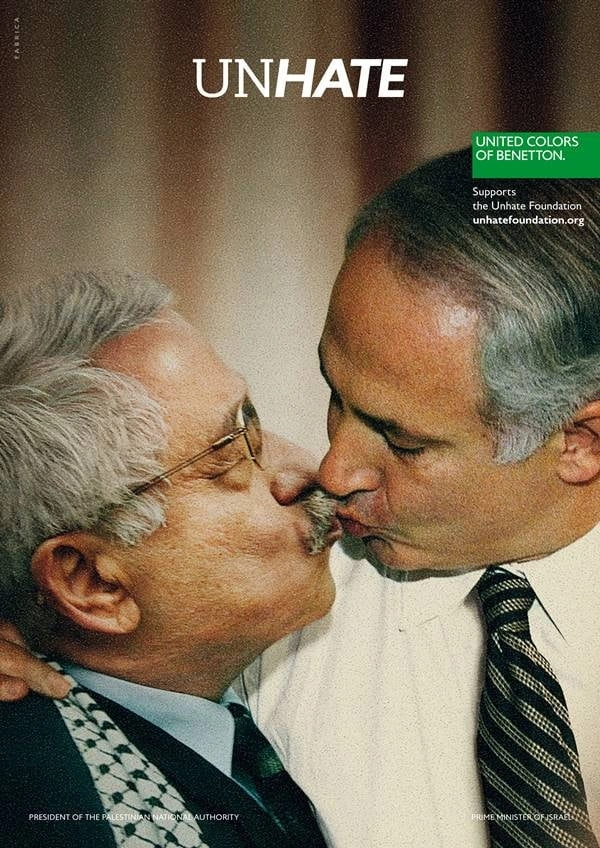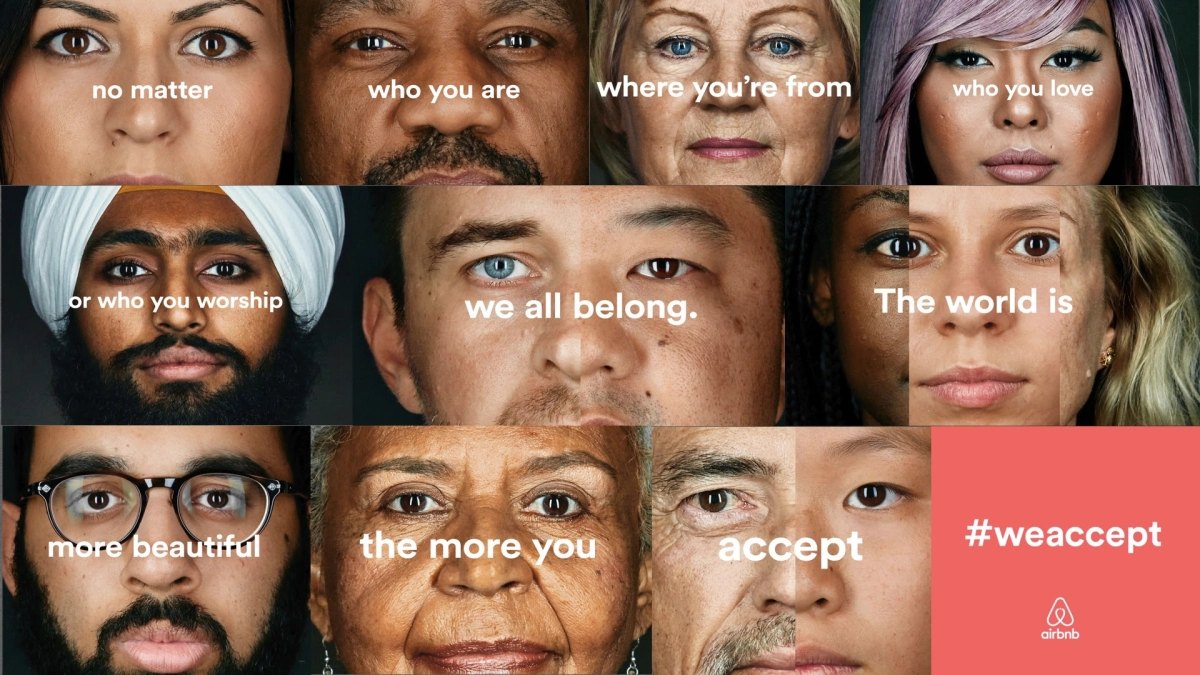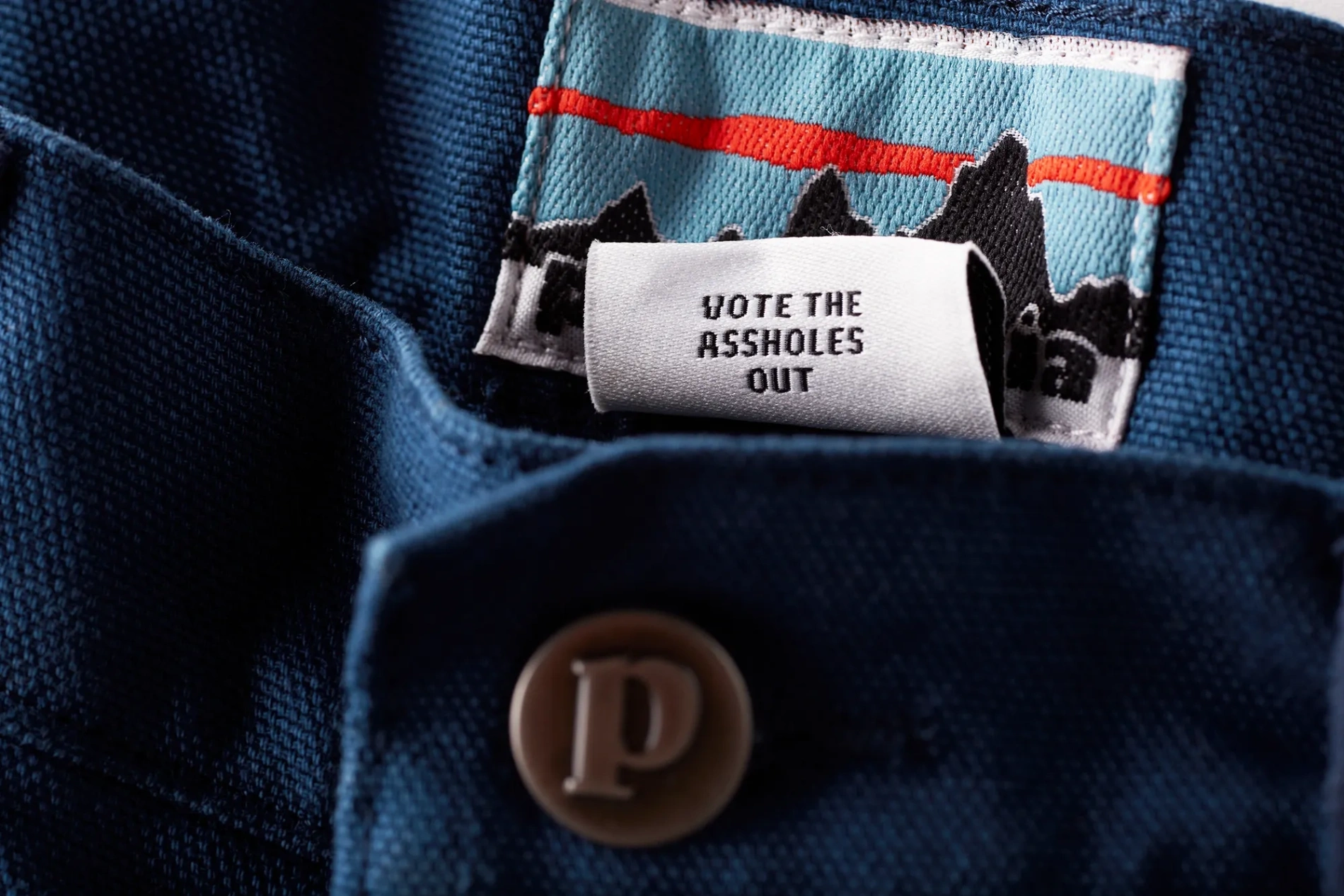The Assholes Out?



Will the emptying of the political centre result in the polarisation of brands' political commitment? Or will we see a cautious withdrawal from the political and social scene?
“Vote the assholes out” was the phrase Patagonia stitched onto some clothing items in 2020, sparking immediate buzz in both mainstream and alternative media. Joe Biden was facing Donald Trump, whose campaign was vocally dismissive of climate change, and the California brand—firmly committed to the cause—made its support for the Democrats clear.
But this may have been one of the last instances of brands explicitly engaging in the political arena. Polarisation has presented new challenges for brand managers when it comes to supporting candidates or so-called “divisive” causes.
It’s unlikely we’ll see new examples like Pepsi’s 2008 “Hope” campaign, which embraced Obama’s political message. Not to mention the unforgettable 2011 Benetton campaign, where world leaders kissed passionately, including the Israeli Prime Minister Benjamin Netanyahu and then Palestinian leader Mahmoud Abbas.
The same goes for Airbnb’s bold “We Accept” campaign in 2017, which responded forcefully to the Trump administration’s decision to restrict entry to the United States for citizens from several Muslim-majority countries.
The exception to the rule—on the Republican side—is Elon Musk, whose commitment to the Republicans is mainly on a personal level; the impact on his business remains to be seen. However, Elon seems both willing and able to bear the risk.
In Portugal, Ikea’s “Bookshelf for Storing Books” cleverly dared to navigate the political agenda. However, there isn’t as much of a history of such overt endorsements as seen in the cases above.
The extent of brand participation in the political and social debate over the past 20 years reflected a need for relevance, visibility, and the building of what we now call corporate citizenship, which is under the scrutiny of new generations of consumers.
However, the current political context in the United States, Europe, and Latin America could halt this incursion.
After two decades of a progressive agenda, will we see more conservative campaigns? Will the erosion of the political centre lead to a more polarised political commitment from brands? Or will we witness a cautious retreat by brands from the political and social scene, as if the genie were returning to the bottle?
Polarisation divides audiences and consumers, posing a risk to mainstream brands. However, it opens new frontiers for expression and likely generates deeper affinities for those who know how to choose segmentation as a core growth strategy.
This is evidenced by the emerging German brand GmbH, which, during the presentation of its new Autumn/Winter collection in Paris, titled “Untitled Nations,” made a committed call for a ceasefire in Gaza, with coats inspired by Palestinian keffiyehs paraded down the runway.



